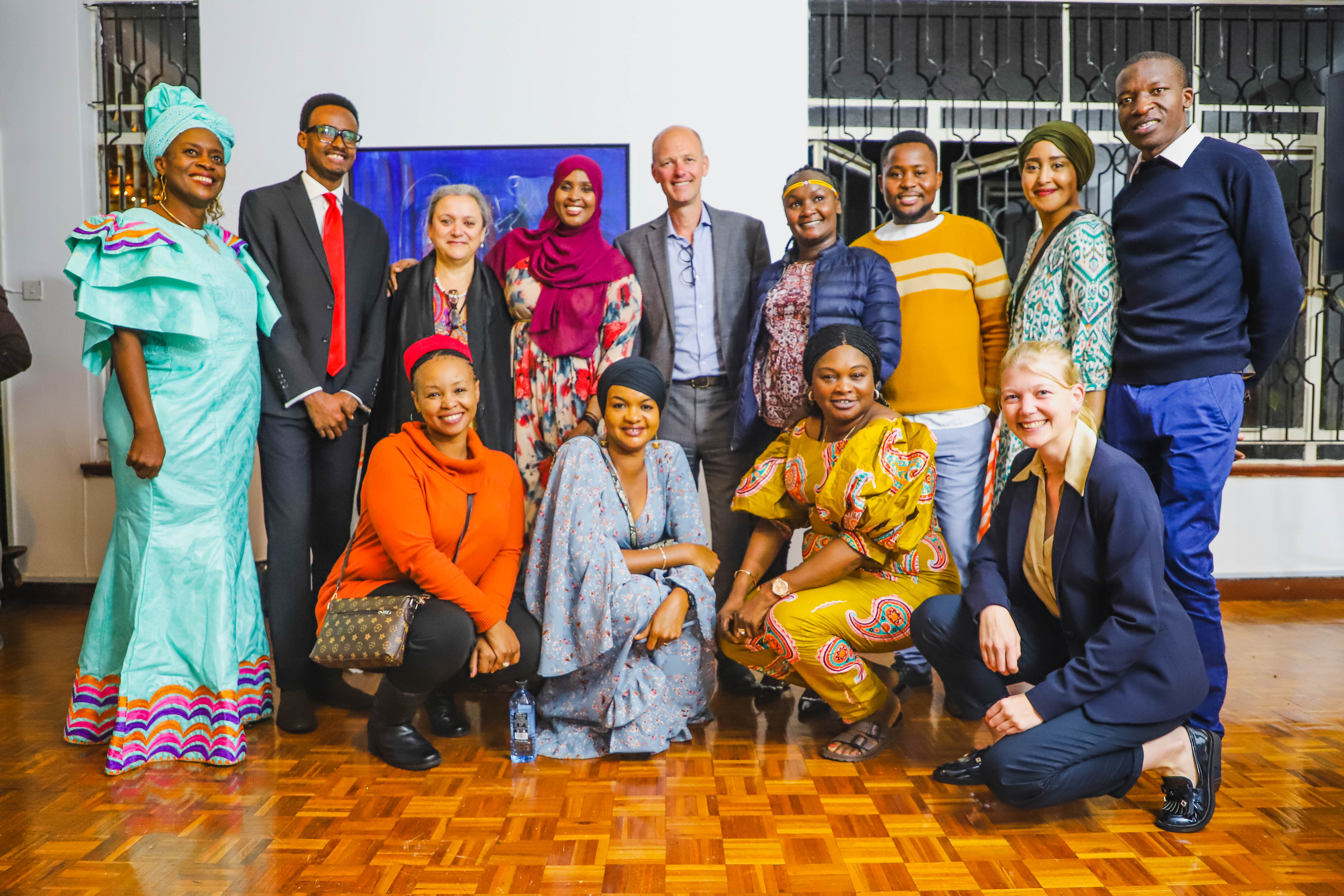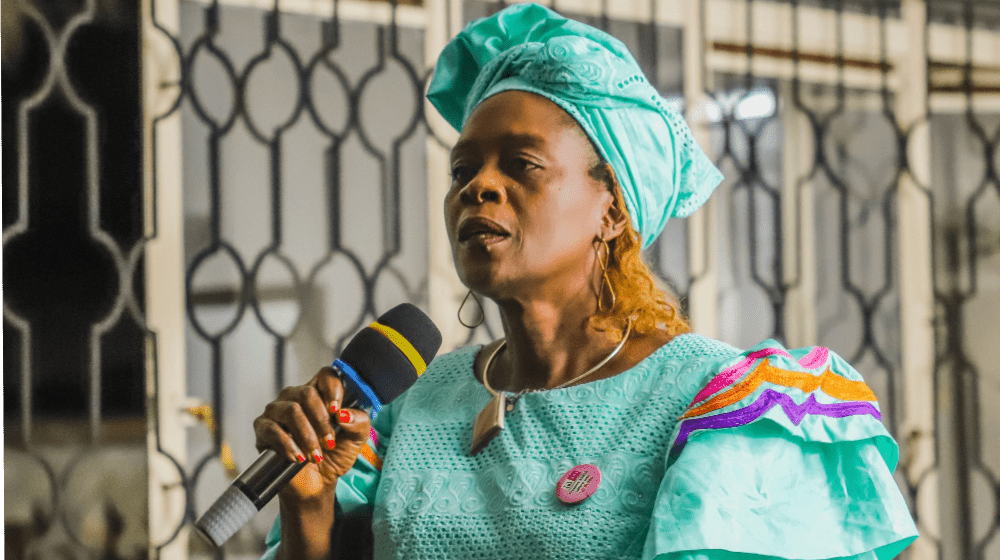“If you want to see real impact in ending FGM, fund grassroots activists. We will never phase out because we are the community, ” says I-Rep Foundation Director, Domitilla Chesang. She is part of the #FrontlineEndingFGM network of over 1,000 grassroots activists and frontline feminist organizations working to end FGM in their communities. The movement is backed by UNFPA, Wallace Global Foundation, and the Global Media Campaign, and works in 10 countries across East and West Africa.
The activists recently gathered in Kenya where they led a call for greater support from donors and partners toward grassroots organizations. Speaking at a reception hosted by UNFPA Kenya Representative Anders Thomsen, Global Media Campaign Executive Director, Maggie O'Kane noted that while research shows that frontline feminist organizations are the most effective way to end violence against women, such organizations receive less than 2% of donor funding. “ If we are really going to end FGM by 2030, we need to change that and make sure that more money goes to frontline organizations.”
According to Rugiatu Turay, Executive Director of the Amazonian Initiative Movement, in Sierra Leone, communities have failed to own efforts towards the elimination of FGM due to long-held cultural beliefs. “We are not in this to destroy our culture; we want to ensure that women are protected from harm, and we want to do it without the bloodshed,” she said.
Addressing the FGM frontline activists drawn from Kenya, Sierra Leone, The Gambia, Nigeria, Ethiopia, Somalia, Mali, and Guinea, UNFPA Kenya Representative Anders Thomsen reiterated UNFPA’s commitment to supporting the work of grassroots organizations. “There is no doubt that FGM is a human rights violation that has devastating consequences on the health and wellbeing of women and girls,” he said. “ We will continue to support partners represented here today in shifting the power and equipping grassroots organizations with the resources required to work effectively within their communities.”

called for greater financing and support for grassroot led initiatives to end FGM.
In Kenya, UNFPA through the UNFPA-UNICEF Joint Programme on the Elimination of Female Genital Mutilation has been working to accelerate an end to FGM by supporting survivors and community-based organizations to shift social norms, while working with the government to put in place policies and systems for FGM prevention and response. “In my community of West Pokot, thousands of girls remain in danger of undergoing FGM, especially during the school holidays,” said Ms. Chesang. “The role of grassroots activists is crucial because we know which girls are at risk and who the perpetrators are, and we can quickly take action to prevent FGM.”
As part of efforts to strengthen grassroots organizations working to end FGM, the #FrontlineEndingFGM movement has launched a whistleblowers' map which tracks FGM hotspots where girls are most at risk.
“Solutions to end FGM are not one size fits all, and what works in my community may not work in another a few miles away” noted Gambian FGM activist Lisa Camara. “We have to tailor responses to each community’s unique circumstances while also addressing issues of gender equality and sexual and reproductive health in order to effectively empower women and girls,” she said.


